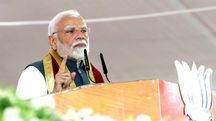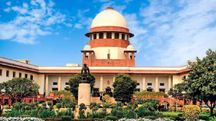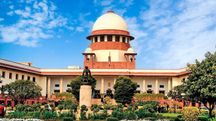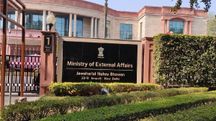Census in India to begin from 2025, Lok Sabha seats delimitation by 2028: Report
Following the completion of the census, the delimitation of Lok Sabha seats will commence, with a projected completion date by 2028. This new timeline signals a major update to the country’s electoral map, potentially reshaping political representation.
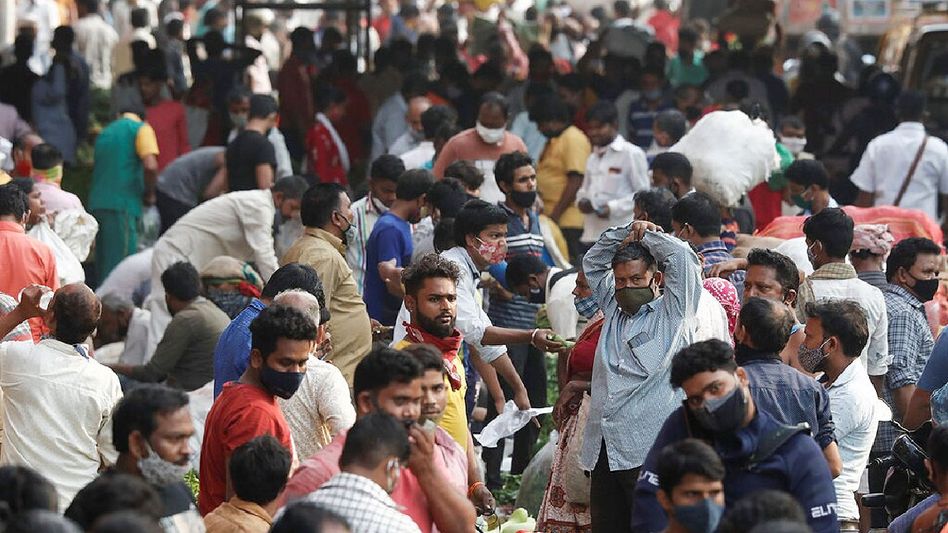
The Indian government plans to initiate the much-delayed decadal census in 2025, marking a significant return to population data collection after a four-year hiatus, as per a report in India Today.
Initially set for 2021, the census was postponed due to the Covid-19 pandemic, and the upcoming survey is expected to extend into 2026. Following the completion of the census, the delimitation of Lok Sabha seats will commence, with a projected completion date by 2028. This new timeline signals a major update to the country’s electoral map, potentially reshaping political representation.
As the announcement regarding the upcoming census surfaced, demands for a nationwide caste census have intensified, particularly from opposition parties. The Congress party, led by senior leader Jairam Ramesh, has urged the government to convene an all-party meeting to discuss critical details regarding the caste enumeration and its implications for future Lok Sabha seat allocation. Ramesh emphasized that clarity is needed on whether the new census will include a detailed count of all castes and how the data might affect the allocation of seats, which could disadvantage states with successful family planning initiatives.
Congress leader Manickam Tagore also criticized the government's reluctance to conduct a caste census, describing it as a betrayal of the Other Backward Classes (OBCs). He accused Prime Minister Narendra Modi of ignoring the voices of marginalized communities and demanded that political entities like the Rashtriya Swayamsevak Sangh (RSS), Janata Dal (United) (JDU), and Telugu Desam Party (TDP) clarify their stance on the issue.
Amid mounting pressure, partners in the BJP-led National Democratic Alliance (NDA) have expressed support for a caste census. The JDU, through its national spokesperson Rajiv Ranjan Prasad, stated that it would welcome a nationwide caste survey if the government incorporates it into next year's census plan. Prasad highlighted that such an exercise would empower underprivileged sections of society by providing data to inform inclusive policy-making.
Similarly, Lok Janshakti Party (LJP-Ram Vilas) MP Shambhavi Chaudhary advocated for the caste census, arguing that it would enhance conditions for marginalized communities by enabling targeted policy interventions. She stressed that while the data should guide governance, it should remain confidential to prevent misuse.
The upcoming census will introduce significant changes, including the possibility of digital data collection via a mobile application, as previously indicated by Union Home Minister Amit Shah. In August, Shah affirmed that the census would be conducted at an "appropriate time," and the decision on its execution would be made public soon.
Sources suggest that the next census could involve a more detailed survey, potentially covering sub-sects within General, Scheduled Caste (SC), and Scheduled Tribe (ST) categories, alongside traditional demographic information. This approach would offer a more nuanced understanding of India's social structure.
The extension of Mritunjay Kumar Narayan's tenure as Registrar General and Census Commissioner of India until August 2026 points to an imminent start for the census preparations. The government's actions indicate an effort to catch up with the census cycle, which may see a permanent shift from its original 10-year interval.
The last census, conducted in 2011, recorded a population of over 1.21 billion, reflecting a 17.7% growth rate. The forthcoming survey will be pivotal in assessing the country’s demographic changes over the past decade and shaping policies for the future.
With political pressure mounting and logistical preparations in progress, the 2025 census promises to be more than a routine demographic exercise—it could redefine India's social and political landscape.
Copyright©2025 Living Media India Limited. For reprint rights: Syndications Today
